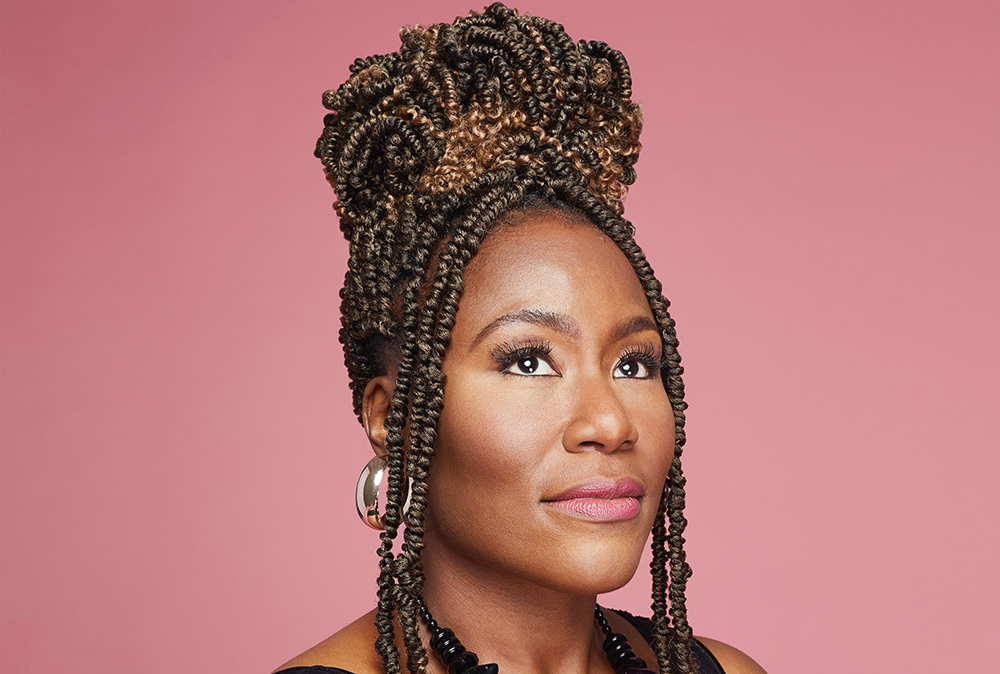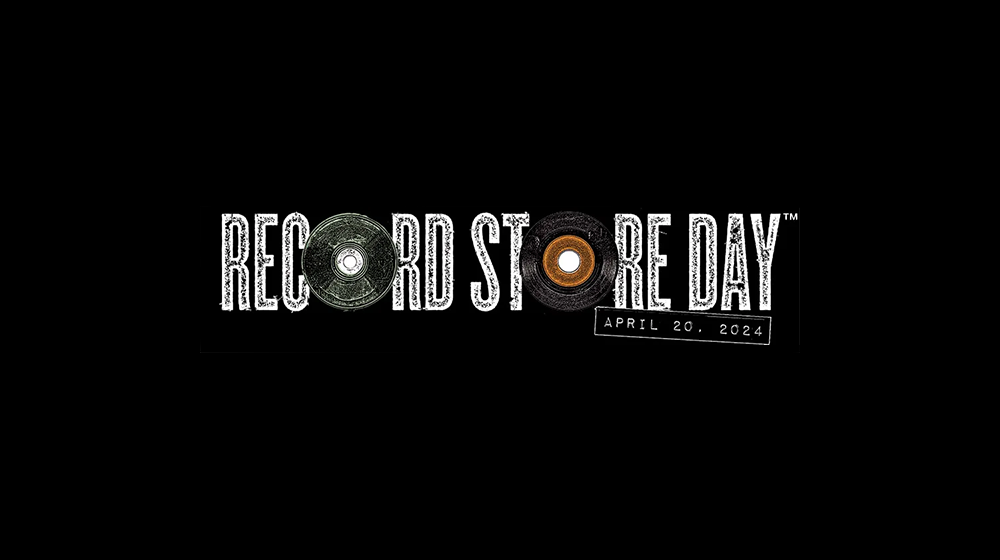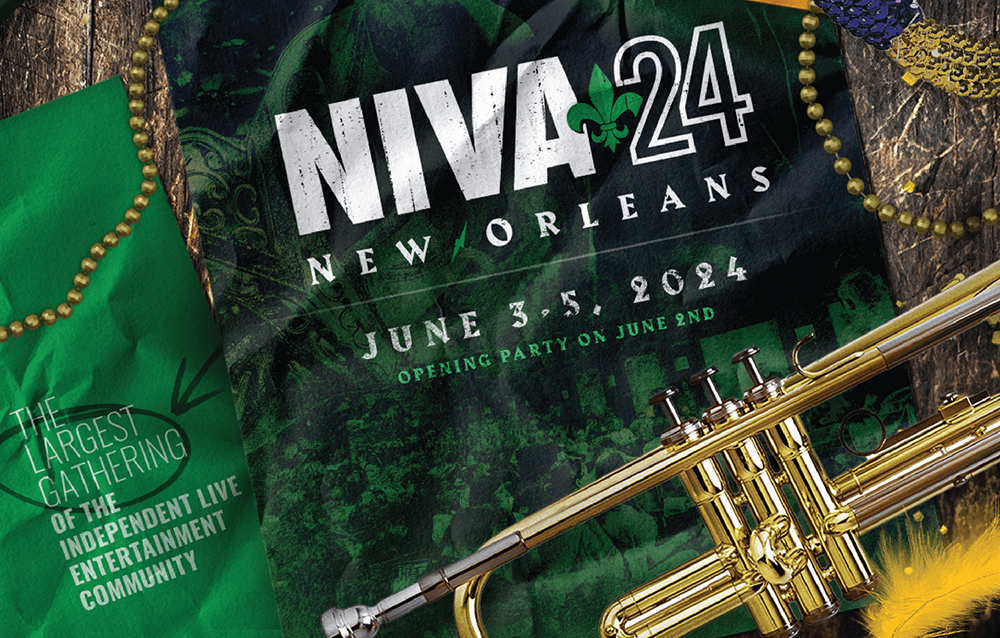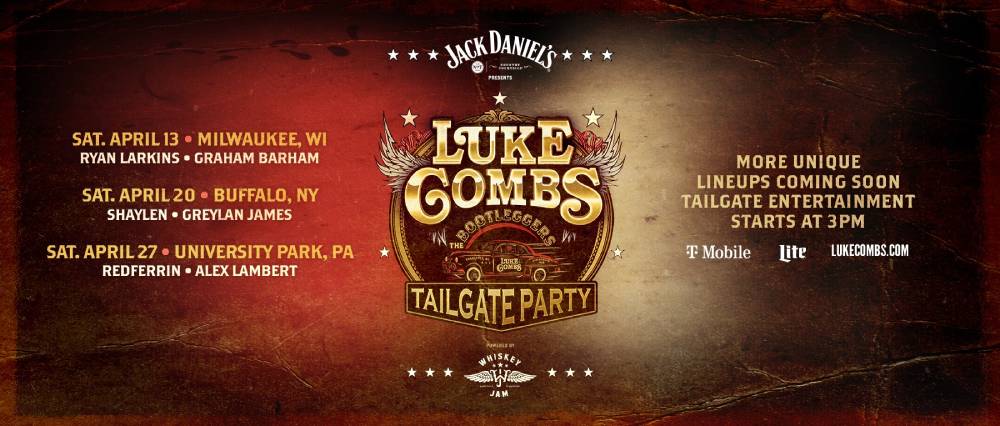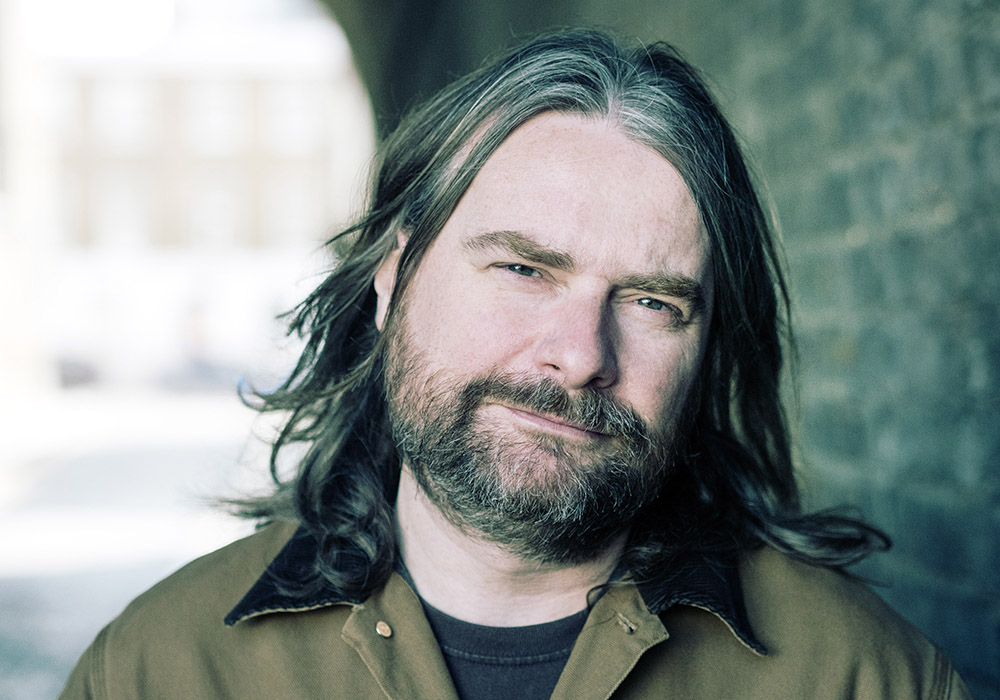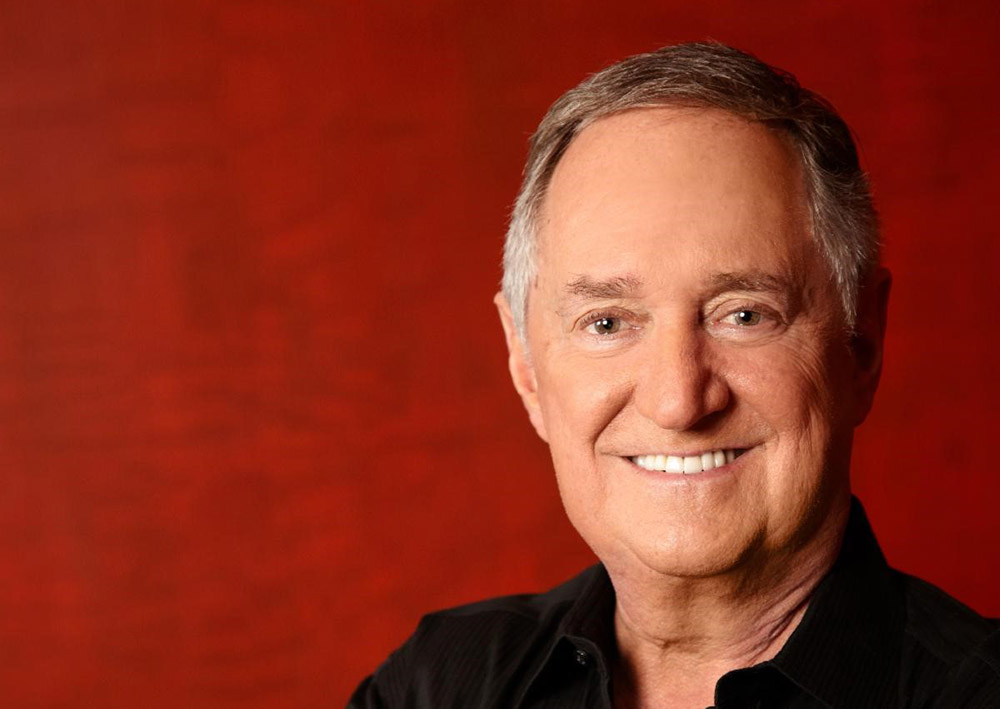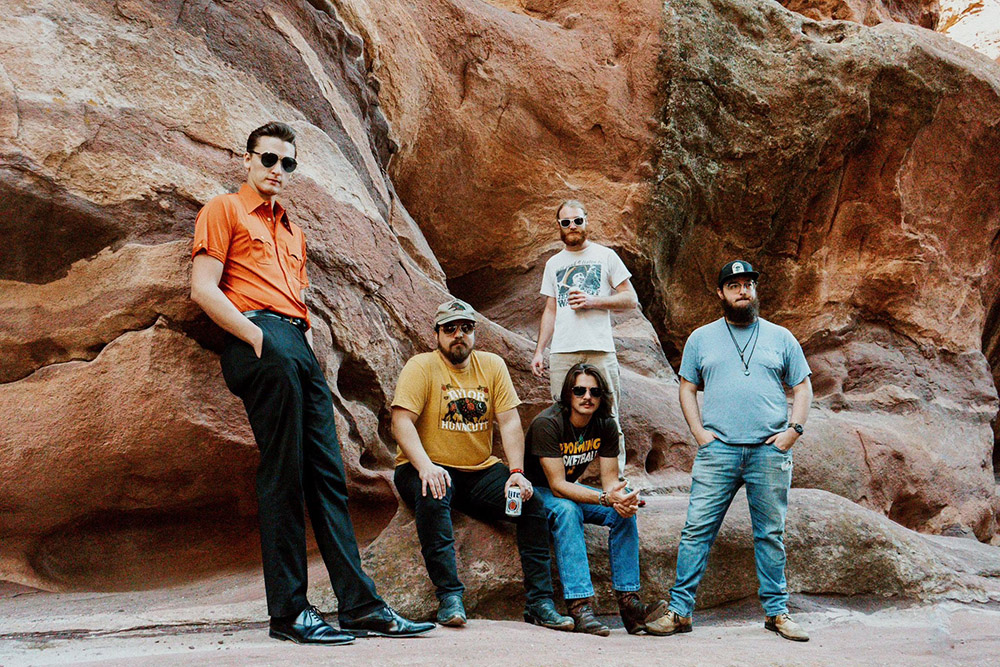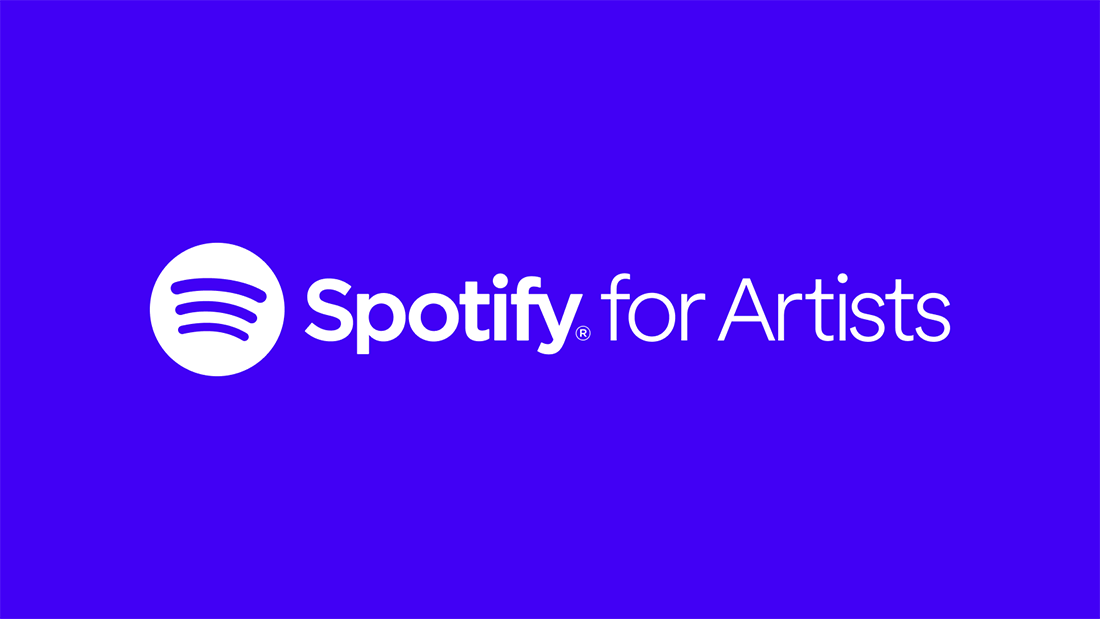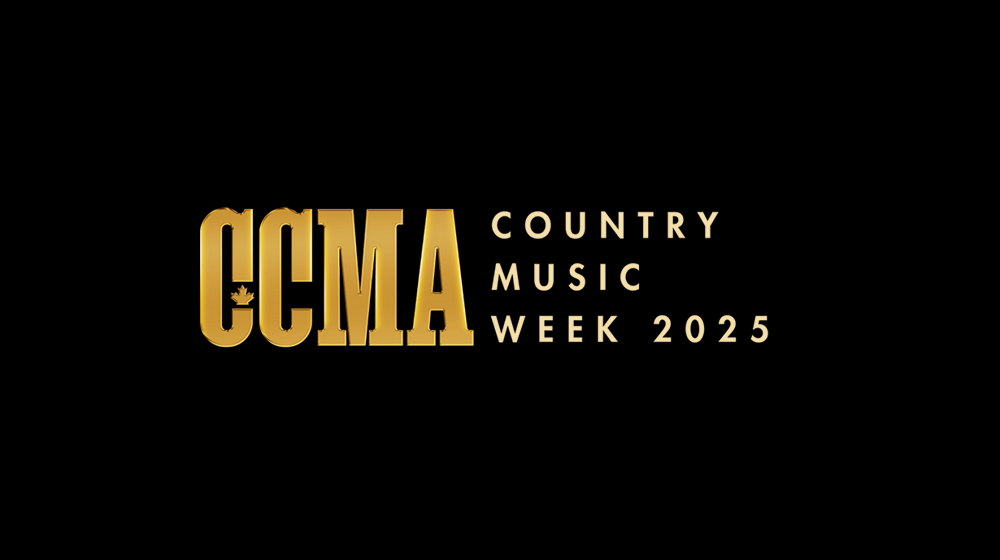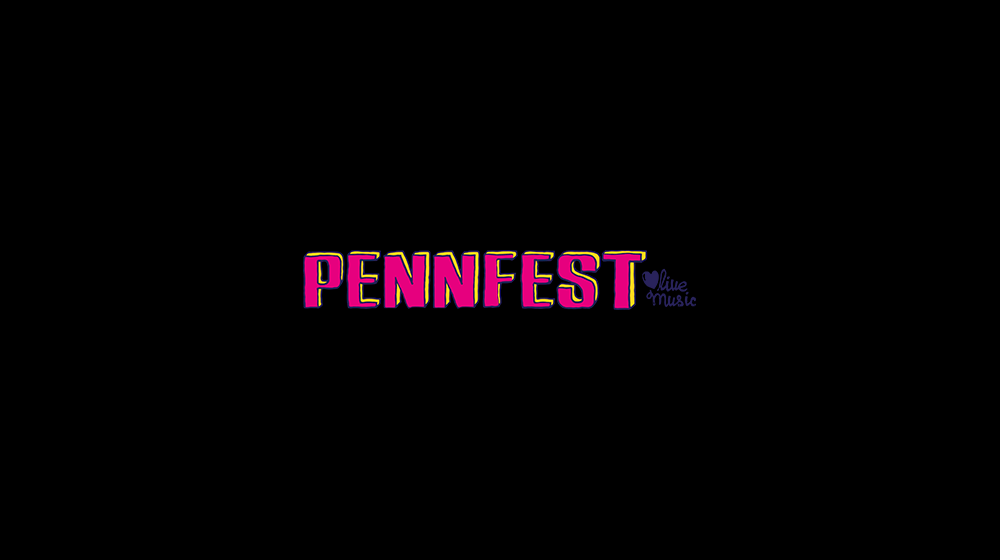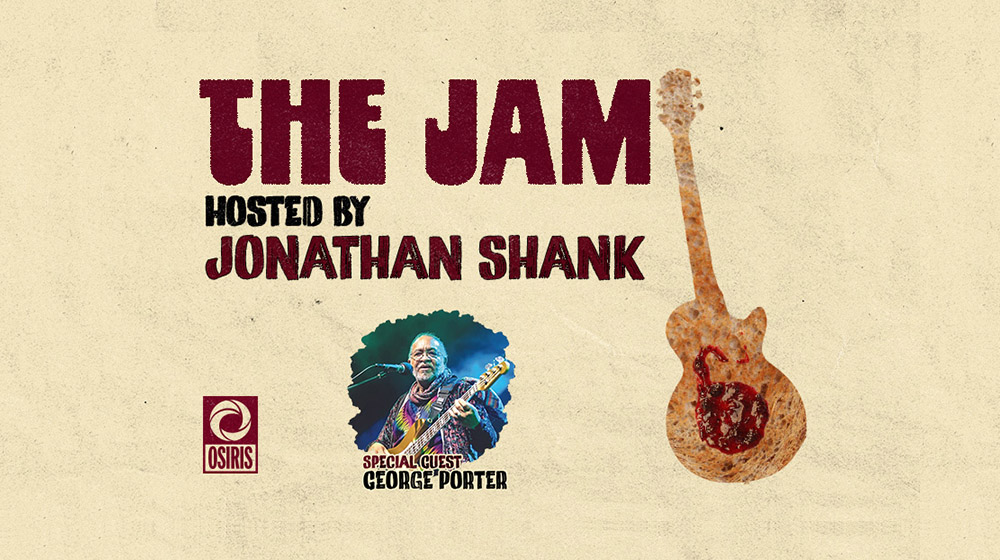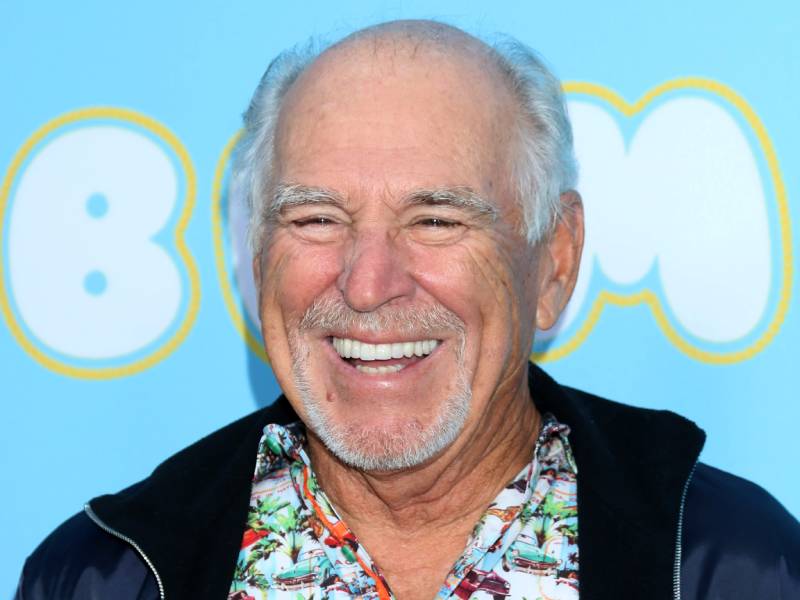
I can’t remember not having a subscription to the "New Yorker".
But that doesn’t mean I read it. That doesn’t mean I don’t miss many articles encased between its covers. I originally subscribed because of Pauline Kael. You could feel her passion. You knew she wanted to like movies, there was nothing better than a great pic. If one sucked, it was an offense. This was before "Star Wars" turned the equation upside down. When grossing a hundred million dollars obliterated all critical analysis.
That thinking has infected the music business too. We focus on the winners. Also-rans are no longer important. They’re the detritus left on the side of the road, cared for by their creators but almost no one else.
But what if it was as easy to acquire the detritus as the hit? What if it cost just as much? That’s the promise of digital music. That for a low sum you can have access to, experience just about, everything. We’d be richer as a culture for it. But this is anathema to those presently in power. Why Doug Morris and Edgar Bronfman can’t see that the success of the iTunes Store will marginalize them is unfathomable to me. You can’t have people picking tracks one by one, you’ve got to feed them a smorgasbord, and then follow them based on their likes.
That’s what’s happened online. Netizens surf until they’re satiated. Going deep into issues they’ve never been able to get enough information about previously, just glancing at headlines for the stories they’re not really interested in, so they can be up to speed during cocktail party 
discussion. This is completely different from the way news has been delivered previously. There’s been a filter. Call it the "New York Times". Or CBS News. These outlets compact the news into a neat little bundle and that’s all you get. But no longer.
I’ve been living in a prototype Internet world for my entire adult life. You see I subscribe to every magazine known to man. Everything from "Sound & Vision" to "Newsweek" to "Ski" to "National Geographic Explorer" to "Mac/Life" to the aforementioned "New Yorker". To read every word would be an impossibility. But I turn every page, looking for that one fascinating element, the same way we used to punch the buttons on our car radios looking for a hit. And when I stumble upon one I scurry down the rabbit hole, devouring the words ever more slowly, for fear they might end.
Which they always do.
But my mind keeps contemplating the concepts.
I was reading the October 20th issue of the "New Yorker" and became riveted by a story about a writer. It drew me right in. To such a degree that I had to look to the top of the page and see who’d written the article.
Malcolm Gladwell.
Yes, he of the "Tipping Point".
 Gladwell’s got a new book, "Outliers". And this article in the "New Yorker" was an excerpt from it. The question was pondered… Does genius have to come at a young age?
Gladwell’s got a new book, "Outliers". And this article in the "New Yorker" was an excerpt from it. The question was pondered… Does genius have to come at a young age?
In other words, do our stars have to be twenty years old? Could we have a fifty year old Bob Dylan? Someone we’d never heard of before?
According to Gladwell, yes. He used Cezanne as an example. Cezanne was lousy at a point in his life when Picasso was already a star. But eventually Cezanne got there. Via nurturing. Via…
That’s the story of "Outliers". How genius is nurtured. I’m looking forward to reading the book.
But what fascinated me was how I couldn’t get enough information about "Outliers". Just now I read a long story in "New York" about Gladwell. And then it hit me, this is the way it used to be in the music business.
The records had substance. And when you read an article about the work, or an interview with the creator, you were riveted. You wanted more. The musicians weren’t selling the music, they were selling their ideas.
I don’t read record hype anymore. I know the formula. I was in a bad place, I worked with someone new and now this is the best record I’ve ever made. And did I mention that I couldn’t do it without my manager and my label?
These articles read like press releases. For products we’re uninterested in. It seems strange that we once cared what our musicians had to say.

But that was when an artist could have a discussion with someone like Gladwell. When artists were not only superior in their own fields, but could wrestle with ideas. The label heads can no longer wrestle with ideas, how in the hell do you expect the artists to?
Yesterday I had lunch with Jim Guerinot. He told me on his first trip to New York for A&M Records Gil Friesen called him down to the hotel lobby for a chat. Jim reported all the meetings he’d gone to, all he’d accomplished. But Gil was incredulous. He was in New York and he hadn’t gone to a play?
This moment stuck with Jim. And its lesson. There’s more to life than business. Gil always asked Jim what he was reading. Because it’s what you do in your outside life that inspires your work.
Sure, I want my body to move. But I want to stretch my mind too. There’s nothing wrong with thinking. Everybody wants to be rich, but no one wants to do the work.
That’s what Gladwell says. You’ve got to put in 10,000 hours of practice.
That’s why Gladwell’s a star. He may have interesting ideas, but it’s the writing that makes his books work. All the rest of the business tomes are essentially unreadable. There might be great ideas, but they don’t work presented in a book. Because you read a book!

We live in an information society. But statistics without theories, without analysis, deliver nothing but a scorecard. We’ve been functioning in the entertainment business solely based on the scorecard. Is it any wonder movies and music are considered by so many to be emotionally and intellectually bankrupt? If you’re creating based on the scorecard, if you take no risks, if you hew to the line, you deliver no excitement to the consumer. People move on to video games like "Grand Theft Auto", which deliver a visceral experience that music does not. Hell, the tutorial in "Rock Band" is hipper than each and every record company press release.
It’s not like there’s a lock on creativity. You don’t have to do it the way it’s always been done before. And you probably won’t do it well unless you’ve dedicated a lot of time. Like Gladwell says, the Beatles were so great because they spent all that time in bars in Hamburg. You wonder why today’s acts make a splash and then fall flat? There’s no background, there’s no context! The songwriters for hire have more experience than the kid performer du jour. But they’re inured to a system that rubs off the rough edges. Without the rough edges you’ve got no way of hooking the audience.
I want to be hooked.
Right now I’m hooked by Gladwell’s book.























